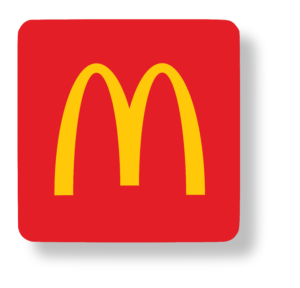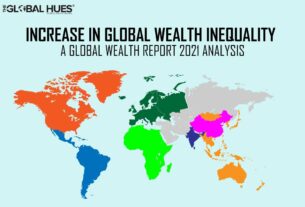When Pablo Picasso says, “Good artists copy, great artists steal”, who knows he is actually talking about the reality of the corporate world. Many companies claim that they focus on innovation and bringing change in the world with their unique ideas. But have you ever checked what is happening behind the scenes? The world has witnessed many cases in history that prove that businesses clone each other’s ideas.
It is always easier for the company to work on already existing ideas by tweaking them a little as it saves the time and money that goes into researching and implementing the idea. It is okay to take inspiration from some great ideas. But do you think it is right to clone someone else’s idea and then earn millions of dollars from it? Today, we are going to talk about some big companies whose core concepts were based on stolen ideas. Let’s take a look at some of the most successful companies around the world that are extreme cases of copy and paste.
-
Facebook

A platform that brought a whole new revolution to the world, the most iconic social media site, Facebook, faced backlash when the Winklevoss twins accused Mark Zuckerberg of stealing their idea.
To give you an overview of the entire case, let’s take you back to those days when the story started. The Winklevoss twins claimed that Mark agreed to help them with their website. But instead of helping them, Mark started delaying their project and began working on his own site whose idea is heavily influenced by his classmates’ site. The Facebook Founder was infamously known for his other site “Facemash” which was a clone version of Harvard’s site “Hot or Not”.
However, in his defence, Mark clarified that he began working on Facebook’s idea even before he was involved in the Winklevoss twins’ projects. But his defence did not convince many because of the inextricable similarities between both ideas. In the end, Facebook settled the legal case of theft sued by Winklevoss’s brother for millions of dollars.
-
McDonald’s

Do you know that the name of the Founder of the famous fast food chain, McDonald’s is Ray Kroc? Yes, this is right. Now you all are wondering that if the Founder’s name is Ray Kroc then why did he name it McDonald’s? Let us tell you the interesting story behind the popular fast food chain.
The original idea of McDonald’s belongs to two brothers named Dick and Mac McDonald. The brothers’ duo started a hamburger stall in California that attracted the interest of Ray Kroc. He offered the brother an idea to turn their business into a franchise. As the franchise got popular, Ray tricked the brothers into selling him the entire business.
According to the reports, the agreement was made between the McDonald brothers and Ray before commencing the business. Ray agreed to the terms that the brothers keep running their original store and also Ray has to pay 1% of the revenue to them. But as soon as the fast food franchise turned into a successful business, Ray deceived the brothers and put the original McDonald’s out of business.
-
Instagram

If you are a regular social media user then you must have noticed that Instagram and Snapchat have one very common feature i.e., stories. A feature that allows the user to upload any photo or video which will disappear in 24 hours. But have you ever thought about who copied whose idea?
Instagram copied the idea of Snapchat when the platform experienced a downfall in users. Because of the Story feature of the app, social media users moved to the platform in huge numbers. After seeing the popularity of the stories feature, Instagram also launched a similar feature in 2016. The trick did wonders for the company and in just eight months after rolling out the feature Instagram engaged an additional 250 million users.
The CEO of Instagram admitted the fact that the stories feature is similar to Snapchat. He also added, “but it doesn’t mean that it is blatantly copying Snapchat”.
-
Google Earth

Google Earth is one of the biggest technological miracles done by Google. But only a very few people know that the idea of Google Earth is copied. As soon as the tech giant launched its new feature Google Earth, it immediately received a lawsuit for copying the algorithm of Germany-based Art + com.
The company claimed that during the trip to Silicon Valley, the source code of Terravision leaked and went into the wrong hands. And the next thing they knew was Google released Google Earth which ran on the exact same algorithm. Art + Com approached Google for compensation for copying their ideas. In 2006, the tech giant was ready to negotiate the price but the amount offered was too low according to Art + Com.
At last, they filed a lawsuit against Google in 2014. However, Google’s lawyers won the case and the jury of the US Federal Circuit Court announced their judgement in the favour of Google. The trial ended by concluding that Google did not violate any patent laws.




